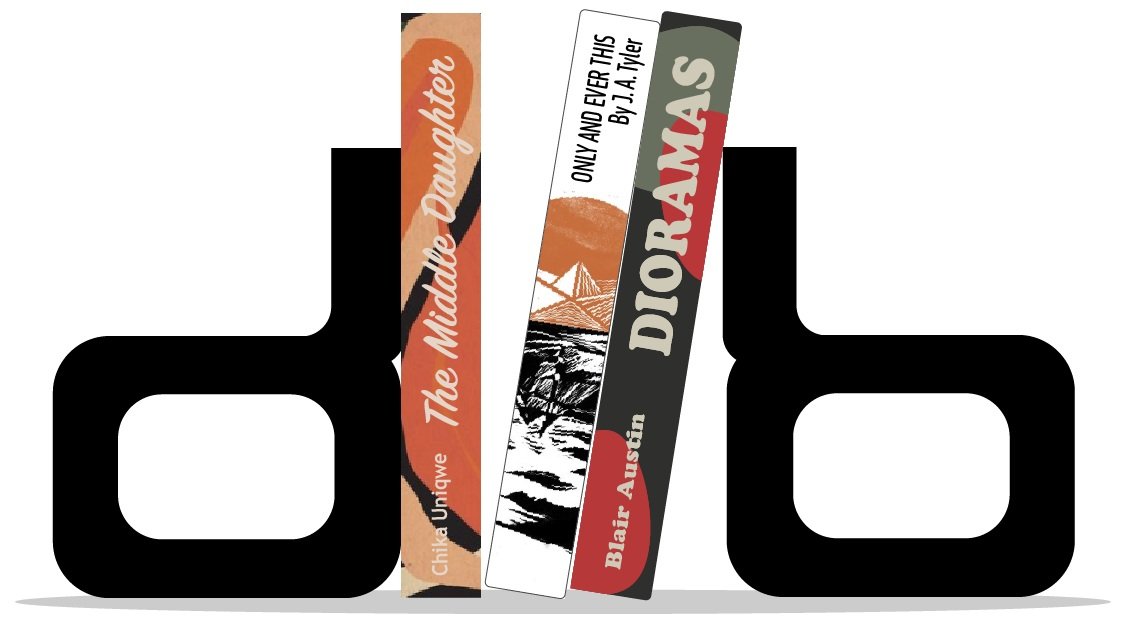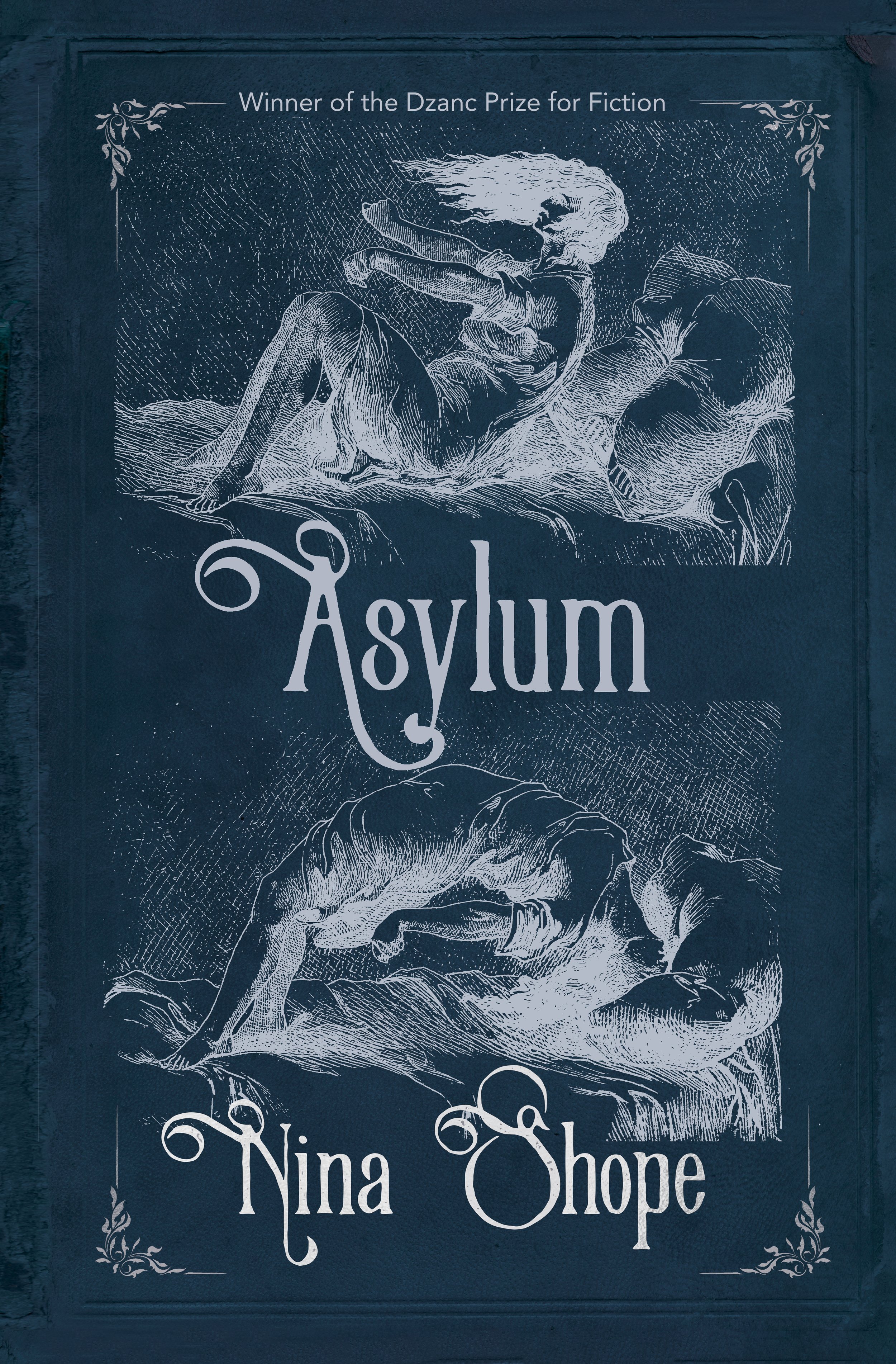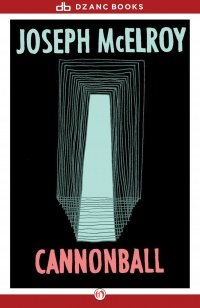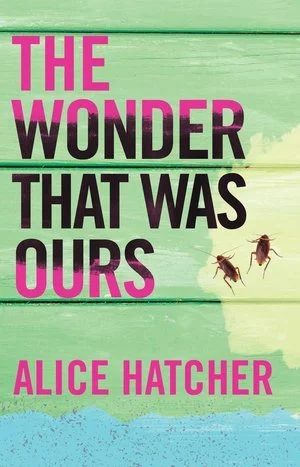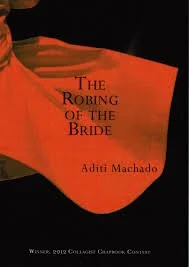A Place That's Known by Michael Pearson eBook
Following Imagined Places, Pearson continues exploring place and writing as he mentally revisits locations that have influenced him through his life—childhood home, family vacations, the various places he’s taught, etc.
This digital download includes .epub and .mobi files
Following Imagined Places, Pearson continues exploring place and writing as he mentally revisits locations that have influenced him through his life—childhood home, family vacations, the various places he’s taught, etc.
This digital download includes .epub and .mobi files
Following Imagined Places, Pearson continues exploring place and writing as he mentally revisits locations that have influenced him through his life—childhood home, family vacations, the various places he’s taught, etc.
This digital download includes .epub and .mobi files
praise
From Publishers Weekly
Pearson, the author of Imagined Places: Journeys into Literary America , here continues his journey of self-discovery by mentally revisiting the locales that have influenced him: the Bronx, New York, where he felt repressed by his parochial schools; Long Lake, Maine, the scene of idyllic family vacations; and La Grange, Ga., his unhappy home for six years as a teacher in a small college. Pearson is interesting and sometimes eloquent in musing about such topics as the South's contradictory mix of gentility and misery and the works of literature that affected him as a young man; his identification with Herman Wouk's Youngblood Hawke awakened a desire to "escape through stories." Interviews with John McPhee in the New Jersey Pine Barrens and Tony Hillerman in the Southwest, as well as a trip that Pearson took with his wife to England and Ireland, further contribute to this interior monologue about place and meaning. The author imaginatively weaves external and internal voyages as he strives to comprehend his father and his own three sons.
Copyright 1994 Reed Business Information, Inc.
From Kirkus Reviews
After Imagined Places (1991), a well-honed series of essays contrasting literary landmarks such as Frost's Vermont and Hemingway's Key West with their social reality today, Pearson (English/Old Dominion) adds to his travels a personal theme--his search for his father and relationship with his son--in a medley of styles and forms. The direction and coherence here are difficult to establish. Some essays are deeply personal, with few literary allusions: Pearson's boyhood in a Bronx parochial school; his summers in Maine; a chapter on San Francisco (where Pearson meets his literary mentor, discovering an older balding man in a snug green suit who has become a union rep); a conclusion called ``The Playground'' that explores basketball as game and metaphor; more on father and son; and a chapter on La Grange, Georgia, where Pearson taught for six years, leading to some unfortunate generalizations about the South. The writer visits a Navajo reservation in ``New Mexico/Arizona,'' and there he contemplates Tony Hillerman's Navajo mystery novels, which he contrasts with the real Indians, including a Navajo police officer. Similarly, he visits the New Jersey Pine Barrens, a socially and geographically isolated area that John McPhee evoked in his book The Pine Barrens. On his trip to ``England/Ireland'' to find his grandfather, he relates the history of the Celts, of Chaucer, and of Shakespeare, sounding more the tour guide than a writer with a purpose in doing all of this. His eye for irony survives, however, although he still has lapses in his imagery, describing a face as being as wrinkled as a ``New Mexican arroyo.'' Pearson is best when, as in his first collection, he works under limitations, when his sharp perception is brought to bear on well-defined spaces and themes. But even this long ramble with a garrulous stranger has its charm. -- Copyright ©1994, Kirkus Associates, LP. All rights reserved.
about the author
Michael Pearson teaches creative writing and American literature at Old Dominion University. He has published essays and stories in The Boston Globe, The Baltimore Sun, The Atlanta Journal and Constitution, The New York Times, The Washington Post, The Southern Literary Journal, Shenandoah Review, and Creative Nonfiction, among many others. He is the author of five nonfiction books - Imagined Places: Journeys into Literary America (1991 -- listed as a notable book by The New York Times Book Review), A Place That's Known: Essays (1994), John McPhee (1997), Dreaming of Columbus: A Boyhood in the Bronx (1999) and, most recently, Innocents Abroad Too (2008), which recounts two journeys around the world by ship on the Semester at Sea Program. Pearson has also written a novel, Shohola Falls (2003), a coming-of-age narrative that imagines the hidden life of Mark Twain and the journal of Thomas Blankenship, the real-life Huck Finn. Willie Morris, the former editor of Harper's said, "Michael Pearson is one of our nation's finest memoirists."
